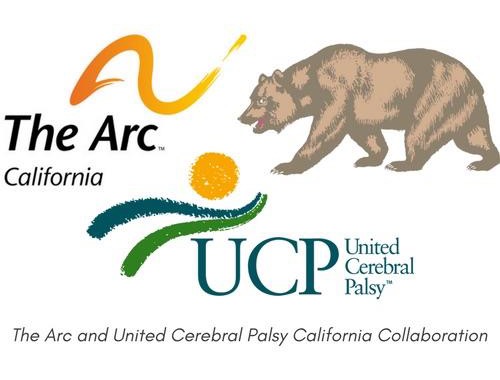
A recent conversation with a good friend of mine reminded me of just how important it is to talk about interactions – good and bad – between law enforcement and people with intellectual and developmental disabilities. My friend has a disability, sometimes he is silly, sometimes he is serious, sometimes he gets tired when he is out. When he gets tired he walks slower (some might say he walks like he is “drunk”) and it can be hard to understand him. He has some health conditions and because of a surgery he has some metal “replacement” parts in his body, surprise…they set off alarms in stores, airports, sporting events and the like – which all but guarantees interactions with security guards, loss prevention, and police officers. Unfortunately, my friend is no stranger to these kinds of encounters not because he has done anything wrong but rather just because of the circumstances.
After a recent encounter I asked him “what do you do when you are approached by the police?” and for a moment I felt a sense of panic… “what if he reaches for his phone?” or what if he reaches for his wallet to show his I.D?” or “what if he doesn’t hear them well and keeps walking?” the chances are that encounter could go bad. On the other hand, the officer doesn’t know what he or she is coming upon, they are relying on their training, assessing the situation and deciding whether or not they perceive it to be a dangerous situation. What if my friend had complex behaviors or was afraid of the police… how would he react? These are all real questions with real outcomes that range from everything was great, the officer understood the situation to the person ending up in handcuffs and on a safety hold because they were thought to be a danger to themselves or others. The actual conversation, along with the one in my head, led us to a discussion about “what do you do if…”. I am thankful we had the conversation and I will offer reminders often… “show your hands and cooperate” and “don’t’ try to be silly” was the advice I gave him. I wish I had something better to tell him, I wish I didn’t have to tell him anything, I wish he could walk anywhere at any time and be safe.
Serving Safely: Enhancing Policing Responses for Persons with Mental Illness and Developmental Disabilities is an initiative developed through a partnership between the Vera Institute and the Bureau of Justice Assistance that promotes a model in which law enforcement can request help in responding safely and more effectively to incidents involving people with I/DD. The National Center on Criminal Justice & Disability is offering a free webinar for those interested in learning about the initiative.
Wednesday, February 13, 2:00 – 3:30 p.m. Eastern time


Teresa Anderson, Policy Director, The Arc & UCP Collaboration
